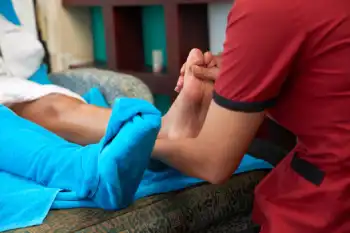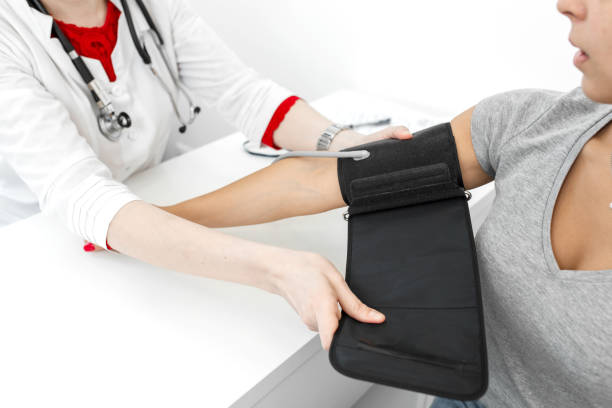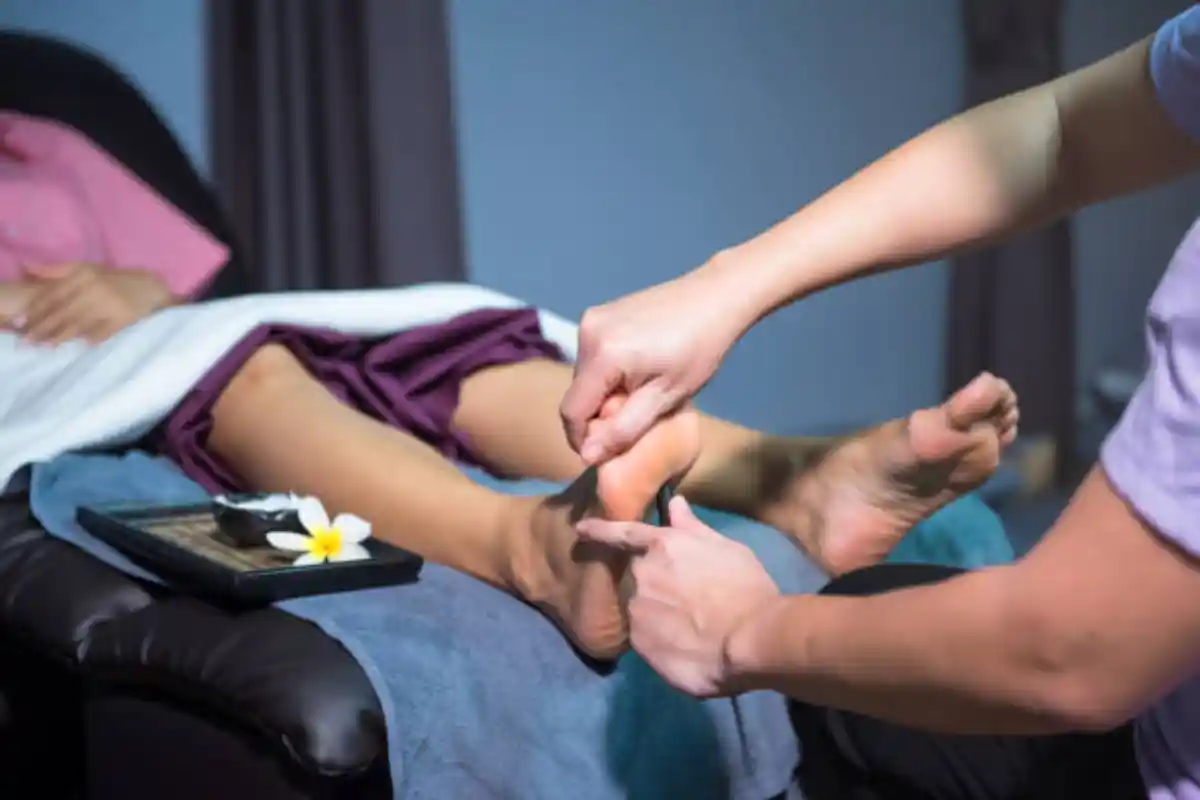Understanding Hotel Liability for Injuries
Staying in a hotel should be a safe and relaxing experience, but accidents can and do happen. Understanding hotel liability is essential if you are injured during your stay. Hotels owe a legal duty of care to guests, which includes keeping premises safe, providing adequate security, and promptly addressing known hazards. When they fail in these responsibilities, they can be held liable for injuries such as slip and fall accidents, broken furniture injuries, or even assaults caused by negligent security.
Liability in hotel injury cases depends on several factors, including the nature of the hazard and the hotel’s knowledge of it. Proving negligence requires evidence—photos of the scene, witness accounts, and medical records all play a role. If you’re injured at a hotel and unsure about your rights or next steps, it’s essential to know
when to call a lawyer. A qualified personal injury attorney can help protect your legal interests, gather vital evidence, and negotiate with insurance companies to pursue the compensation you deserve.

Ready to connect with top legal professionals? Get immediate support— Call us at 877-550-8911.
Connect with Our Legal Team
Common Types of Hotel Injuries
Despite their welcoming appearance, hotels can harbor numerous risks. Here are the most common types of injuries that occur in hotel environments:
- Slip and Fall Accidents: Wet floors, uneven carpets, loose tiles, or poorly lit hallways are frequent culprits.
- Swimming Pool Accidents: Lack of proper signage, broken pool equipment, or absence of lifeguards can lead to drowning or injuries.
- Assaults and Thefts: Inadequate security measures can make guests vulnerable, especially in poorly monitored parking lots or unsecured entrances.
- Fitness Center Injuries: Defective gym equipment, improper flooring, or lack of supervision can lead to serious harm.
- Food Poisoning: Unsanitary practices in hotel kitchens can cause severe gastrointestinal distress and long-term health issues.
- Falling Objects: Poorly secured decorations or malfunctioning fixtures can pose dangers to unsuspecting guests.
In any of these cases, if negligence played a role, the hotel could be held responsible for damages.
When to Seek Medical Attention
Regardless of the injury’s apparent severity, seek medical attention immediately. Even seemingly minor injuries can evolve into serious health issues. Prompt treatment ensures your health is prioritized and also creates an official medical record that can support your legal claim later.
If you experience pain, dizziness, or visible injuries, do not delay in going to the hospital or contacting emergency services. After receiving treatment, you can then focus on assessing liability and pursuing compensation. Timely medical documentation will also serve as critical evidence if you decide to file a personal injury claim.
Documenting Your Injury for Legal Protection
Documentation is key. If you’ve suffered an injury at a hotel, take the following steps:
- Photograph Everything: Take clear pictures of the hazard, your injuries, and the surrounding area.
- Gather Witness Statements: Speak to anyone who witnessed the incident and record their contact information.
- Report the Incident: Notify hotel management and request a written incident report.
- Retain Medical Records: Keep all medical reports, bills, prescriptions, and related documentation.
Well-documented cases have a higher chance of success. Visit
Legal Case Review to learn more about how strong evidence can support your claim.
How Insurance Companies Handle Hotel Injury Claims
Hotels usually carry liability insurance to protect against guest injury claims. However, that doesn’t mean the process will be easy. Insurance adjusters are trained to minimize payouts. They may:
- Offer a quick, low settlement
- Deny liability altogether
- Use your statements against you
- Delay the claim process to pressure you into accepting less
When to call a lawyer? As soon as an insurance company contacts you. A personal injury attorney can handle all communications and negotiations, ensuring your claim is taken seriously and that you receive fair compensation.
External Link: Learn more about premises liability law from Nolo.com, a trusted legal resource.
Warning Signs You Need a Lawyer
Not sure if you need legal help? Here are key signs it’s time to consult an attorney:
- Your injuries require medical attention
- You’re facing resistance from hotel staff or their insurer
- You’re unsure how to document the case
- You received a low or unclear settlement offer
- You’re overwhelmed and uncertain about your legal rights
An experienced lawyer helps you understand your options and ensures you’re not taken advantage of during the claims process.
What Happens During a Legal Consultation
Your first meeting with a personal injury attorney is usually free. Here’s what to expect:
- Initial Case Review: You’ll provide details about your injury, including the date, location, and any witnesses.
- Evidence Evaluation: Your lawyer will examine photos, medical records, and incident reports.
- Legal Advice: They will explain if you have a strong case and the possible outcomes.
- Next Steps: If you proceed, the lawyer will guide you through the process—from filing paperwork to negotiating with insurers.
Consulting a lawyer early can significantly improve your chances of a successful outcome.
 Steps to Take Immediately After an Injury at a Hotel
Steps to Take Immediately After an Injury at a Hotel
Time is critical after an injury. Follow these steps:
- Seek Medical Help: Prioritize your health first.
- Document Everything: Photos, reports, medical visits—collect it all.
- Inform Hotel Management: Create an official report of the incident.
- Avoid Admission of Fault: Don’t make assumptions or apologies that could be used against you.
- Consult a Lawyer: Especially if your injuries are serious or the hotel is uncooperative.
Taking these actions ensures you are prepared if legal action becomes necessary.
FAQs: Injured at a Hotel? When to Call a Lawyer
Q: Can I sue a hotel for slipping and falling in the lobby?
A: Yes, if the hotel failed to address known hazards like wet floors or uneven surfaces.
Q: What kind of compensation can I expect?
A: Compensation may include medical bills, lost wages, pain and suffering, and in some cases, punitive damages.
Q: How long do I have to file a claim?
A: Time limits vary by state. Consult a personal injury attorney promptly to avoid missing your window to file.
Q: What if I signed a waiver during my hotel stay?
A: Waivers don’t always protect hotels from negligence. A lawyer can assess whether your rights were affected.
Q: Do I need a lawyer for a minor injury?
A: Even minor injuries can lead to long-term complications. Consulting a lawyer ensures your rights are protected.
Don’t wait to secure the legal representation you deserve. Visit Legal Case Review today for free quotes and tailored guidance, or call 877-550-8911 for immediate assistance.

 Steps to Take Immediately After an Injury at a Hotel
Steps to Take Immediately After an Injury at a Hotel


